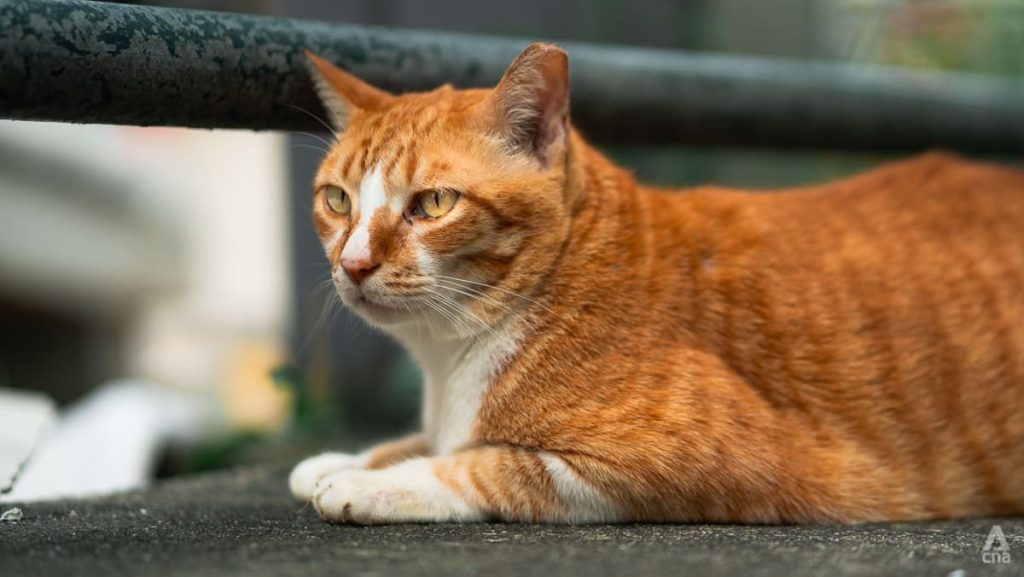Korea said in a statement. The man was also ordered to undergo 40 hours of animal treatment therapy and banned from owning pets for five years. The case sparked outrage in South Korea, where animal welfare laws have been strengthened in recent years to protect pets and wildlife. The court’s decision was seen as a step forward in enforcing these laws and sending a message that animal cruelty will not be tolerated.
The man, identified only by his surname Lee, admitted to capturing stray cats in the city of Changwon, beating them to death with a blunt object, and then disposing of their bodies in garbage bags. The killings occurred over a span of five months, starting in August 2019. Lee claimed that he killed the cats out of frustration and stress, and apologized for his actions during the court proceedings. However, animal rights activists denounced his actions as cruel and inhumane, calling for harsh punishment to deter others from committing similar acts of violence against animals.
The case highlighted the need for increased awareness and education on animal welfare issues in South Korea. Despite efforts to strengthen animal protection laws and regulations, cases of animal cruelty still occur, often due to a lack of understanding and empathy towards animals. Advocates for animal rights have called for more stringent enforcement of existing laws, as well as increased penalties for those who harm animals. The case of the 76 cats served as a wake-up call for many in South Korea, prompting discussions on how to better protect animals and prevent similar incidents from happening in the future.
The sentencing of the man who killed the 76 cats was seen as a victory for animal rights activists in South Korea. Many praised the court for holding the perpetrator accountable for his actions and imposing a prison sentence as a deterrent for others who may consider committing acts of cruelty against animals. The case also sparked calls for greater vigilance and reporting of suspected animal abuse, as well as support for organizations working to protect and care for animals in need. The public response to the case indicated a growing concern and passion for animal welfare in South Korea.
In response to the case, government officials and animal welfare organizations have pledged to do more to prevent animal cruelty and promote responsible pet ownership in South Korea. Efforts are being made to increase public awareness of animal welfare issues, as well as provide resources and support for those who witness or suspect animal abuse. The case of the 76 cats served as a catalyst for change, inspiring individuals and organizations to work together to create a safer and more compassionate environment for animals across the country. The incident also led to discussions on the importance of empathy and respect for all living creatures.
Overall, the case of the 76 cats in South Korea shed light on the ongoing challenges and issues surrounding animal welfare in the country. While progress has been made in strengthening laws and regulations to protect animals, there is still work to be done in educating the public and enforcing these laws effectively. The case served as a wake-up call for many in South Korea, prompting discussions on how to better protect animals and prevent cruelty from occurring. By working together and advocating for the rights of animals, individuals and organizations can create a more compassionate society where all living creatures are treated with care and respect.













